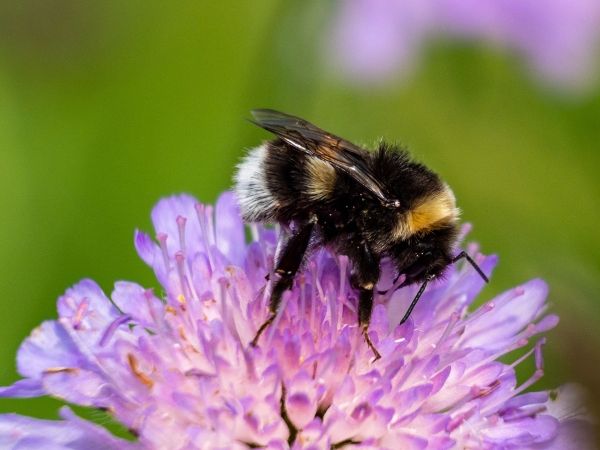The massive columns of smoke generated by a nuclear war would alter the world’s climate for years and devastate the ozone layer, endangering both human health and food supplies, new research shows.
articles
Climate Change Will Alter Functioning of Marine Microbial Communities, Study Shows
A study by an international group of researchers shows that interaction between communities of plankton – microorganisms that live at the bottom of the food chain in the oceans and supply most of the planet’s oxygen – will be affected by climate change in different ways depending on location.
Seismic Forensics and Its Importance for Early Warning
The scientific description of the catastrophic rockslide of February 7, 2021, in India’s Dhauli Ganga Valley reads like a forensic report.
First Global Estimate of Importance of Pollinators for Seed Production in Plants
About 175 000 plant species – half of all flowering plants – mostly or completely rely on animal pollinators to make seeds and so to reproduce.
Street-Level Maps to Help Plan For Floods, Disasters
A tool that generates street-level maps of areas with high flood risk promises to aid future disaster planning as climate change increases the frequency and intensity of extreme weather events.
Scientists Discover Large Rift in the Arctic's Last Bastion of Thick Sea Ice
A new study documents the formation of a 3,000-square-kilometer rift in the oldest and thickest Arctic ice.









